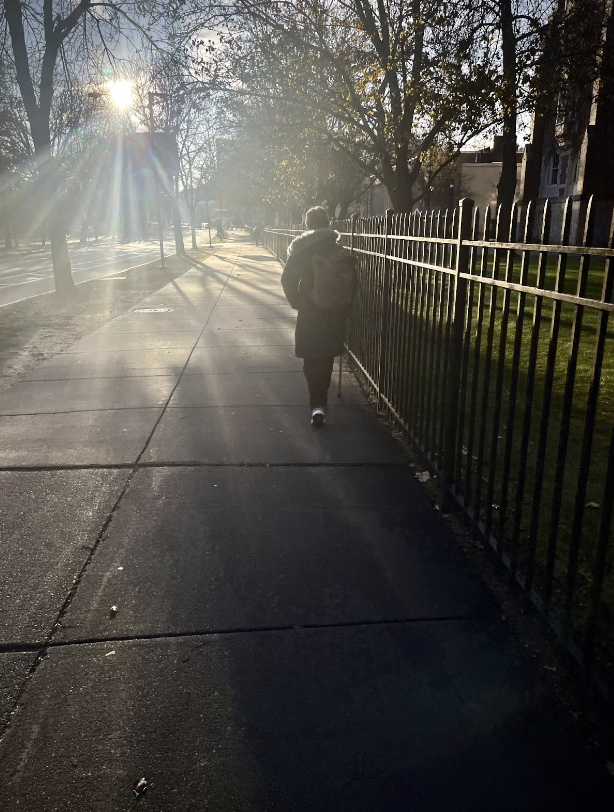By Jennifer Ives
Staff Writer
Mental avoidance games have long been a part of popular culture, and indeed we all lived through the early 2000s and the height of “The Game,” but this year the most popular game comes with a seasonal twist: ‘The Little Drummer Boy’ Challenge.

The challenge is quite simple, get from Thanksgiving Day all the way through Christmas Day without hearing the seminal seasonal hit ‘Little Drummer Boy’, which was written by classical composer Katherine Kennicott Davis in 1941, but best known for being popularized by the Trapp Family Singers a decade later.
If you do hear the song, you are out of the game, and are encouraged to share the details online of whatever humiliating way you got taken out, be it a cover by RuPaul, a surprise performance during the Country Music Awards, or Pandora Radio deciding to add a seasonal twist to your favorite Justin Bieber channel.
‘The Little Drummer Boy’ challenge’s origins are murky, as are many internet fads, but versions seem to have existed since the early 2000s, and active Facebook groups and websites for it have been running since at least 2009. A popular WordPress website version, appropriately titled littledrummerboychallenge.com, is run by author Michael Alan Peck & Co, who added their own stipulation this year: you cannot be taken out by deliberate assassination by other participants, and indeed attempting to assassinate others by exposing them to the song will disqualify the assassin themselves.
This is a new rule introduced this year called the “Hoist with His Own Petard” rule. This stipulation along with the basis of the game makes it a little more haphazard than the traditional mental avoidance game ‘The Game’, which requires players to not think about the game. If players do, they lose, and must announce their loss, thus causing other players to think about the game and cause a domino effect of losses.
By placing the cause of losing in the hands of seeming omnipotent others, radio DJs, website algorithms, morning TV show hosts, it creates a shared sense of community, an almost ‘us vs. them’ effect that makes the game more conspiratorial than it is competitive. And by winning the challenge your reward is simple: to have enjoyed an entire month without hearing what many view as one of the single most overplayed songs in the history of holiday music. And while the song itself is not terrible— indeed it is quite simple and was designed specifically for amateur girls choirs— it can become quickly monotonous in its simplicity.
So this holiday season, spice up your day—to—day routine and join others around the world in a simple new holiday tradition: enjoying the best parts of the season while avoiding what may be some of the most annoying. And if you fail, laugh and share your experience with others. After all, there is always next year.



















